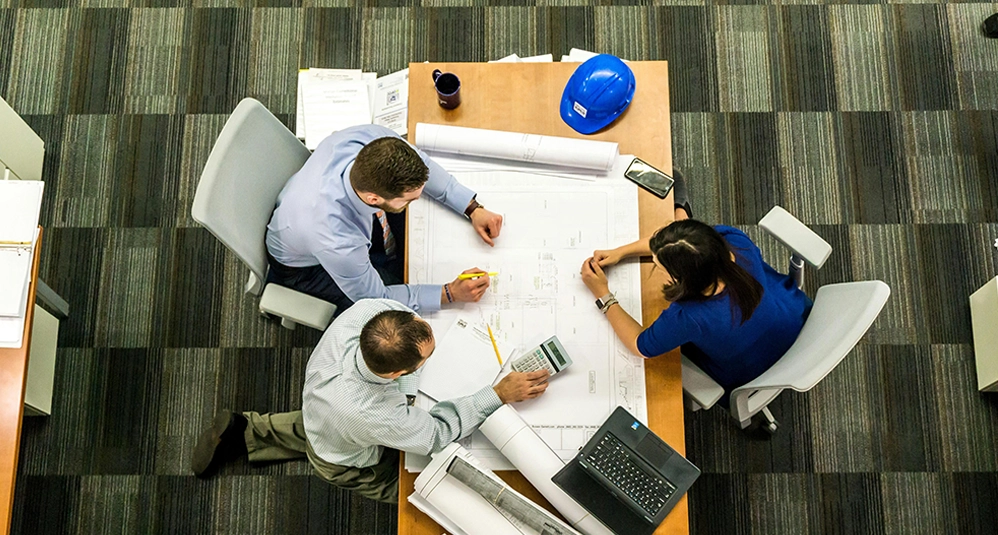Organising events is a profession that requires both creativity and detailed planning. Whether it’s a corporate event, a wedding, or a music festival, the role of an event organiser is fundamental to ensure that everything runs smoothly. In this blog post, we’ll explain what an event organiser is and the key functions of an event organiser, helping you understand how these professionals turn ideas into reality.
What Is an Event Organiser?
An event organiser is a professional responsible for planning, coordinating, and executing events. These can range from small gatherings to large conferences, and the organiser must ensure that every aspect of the event is aligned with the client’s vision and more specifically with their objectives. The role encompasses a variety of tasks, from choosing the right venue to managing logistics and crises, ensuring all details are taken care of.
Main Responsibilities of an Event Organiser
Understanding the key functions of an event organiser is essential to comprehend their importance in event planning. Here are some of the main duties they handle:
Event Conceptualisation and Planning
The first and most crucial function in understanding what an event organiser is involves developing the event concept. This includes understanding the client’s goals, budget, and expectations. The organiser will work closely with the client to ensure that every detail, from the theme to the agenda, reflects the desired outcome.
Venue Selection and Logistics
Choosing the right venue is a key part of an event’s success. The organiser will scout venues, handle bookings, and ensure the location matches the event’s requirements. They also manage all logistical aspects, such as seating arrangements, catering, and transportation, ensuring a smooth experience for attendees. This is a significant aspect of what an event organiser contributes to a successful event.
Budget Management
An effective event organiser knows how to create and stick to a budget. They are responsible for ensuring all financial aspects of the event, from initial planning to final execution, stay within the allocated budget. This includes negotiating with vendors, securing services, and maintaining a contingency fund for any unforeseen costs.
Vendor Coordination and Supervision
Coordinating with various vendors—such as caterers, decorators, sound technicians, and lighting professionals—is one of the primary functions of an event organiser. The event planner is the liaison between the client and these service providers, ensuring that contracts are honoured and timelines are followed.
Marketing and Promotion
For large-scale events, especially those that are open to the public, marketing plays a pivotal role. What is an event organiser’s role in this? Event organisers often oversee the promotion and marketing of the event. This could include creating online campaigns, managing ticket sales, and coordinating with public relations firms to spread the word.
On-Site Event Management
During the event, the organiser is the point of contact for any issues that may arise. They ensure that everything is running as planned, troubleshoot any problems, and make last-minute adjustments if needed. This hands-on involvement is crucial for the smooth execution of the event. The organiser is also responsible for managing the logistics of attendee registration and check-in at the venue, a process that can be streamlined with access control software.
Post-Event Evaluation
Once the event is over, an important duty of the organiser is to conduct a post-event review. This includes collecting feedback from attendees, analysing the event’s success based on initial objectives, and managing any follow-up tasks, such as payments or thank-you notes.
The Importance of Communication and Collaboration
One essential aspect that distinguishes a successful event organiser is their ability to communicate effectively and collaborate with diverse teams. From working with clients to managing vendors, strong interpersonal skills are crucial. Event organisers must ensure that every party involved is aligned with the event’s vision, making adjustments along the way to meet expectations. Clear and consistent communication also helps prevent misunderstandings, ensuring that the event progresses smoothly without any major setbacks. A skilled event organiser is not only a planner but also a coordinator who can seamlessly bring together different elements to create a cohesive and memorable experience.
Conclusion
What is an event organiser? An event organiser plays an integral role in the success of any event, whether it’s a private celebration or a large corporate gathering. From the initial concept to post-event analysis, these professionals manage every detail to ensure the event goes off without a hitch. If you’ve ever wondered what an event organiser is or what their functions are, we hope this guide has clarified their critical role in the event planning process.
If you would like to subscribe to our newsletter to get live updates on everything related to our platform – news, blogs, events, announcements and much more, please, register here.

